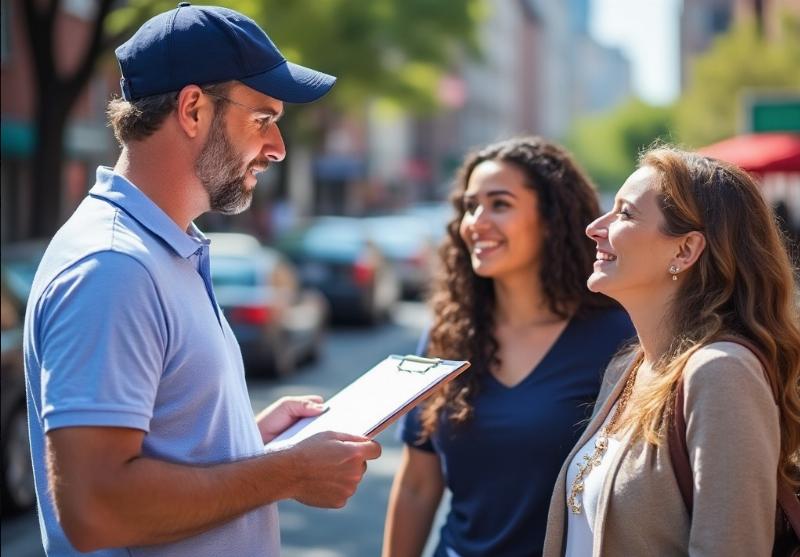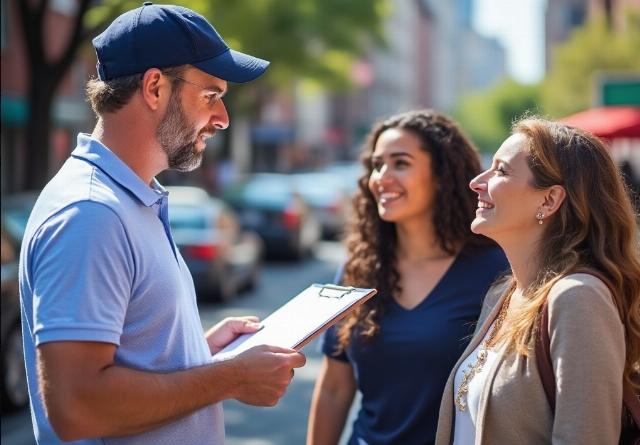


The results of AT/Rasmussen Reports likely voter (“LV”) polls for Virginia and Texas are out, and they’re intriguing. The most important takeaways are that Kamala has only a two-point lead over Trump in Virginia, while Sen. Ted Cruz maintains a four-point lead over his Democrat rival. In both states, however, one red and one surprisingly not as blue as you’d think, voters are unhappy with the status quo and are worried about election integrity.
In Virginia, Democrats have won the last four elections by solid margins. Obama won by over six points in 2008 and by almost four points in 2012. In 2016, Virginia voters favored Hillary by over five points, and in 2020, they gave Biden a ten-point lead. However, according to the LVs in the Rasmussen Reports poll, Harris has only a two-point lead (48%-46%). That’s a huge downward slide from Biden’s ten-point victory in Virginia.
When it comes to the Virginia Senate race, while generic Senate candidates are tied at 47%, in the real Senate race, LVs support Tim Kaine, a Democrat, by 11 points over Hung, Cao, his Republican rival. This may be because Democrats are much more enthusiastic for Kaine (84% support him) than Republicans are for Cao (only 73% support him).

Image by AI.
Meanwhile, Trump leads Harris in Texas by six points (50%-44%). It’s a solid lead but a surprisingly small one for the state that was once considered a red wall. One could write many academic papers about the shift, whether it’s because of Silicon Valley moving its businesses and its values to Texas, because of the success of mass immigration, or something else.
In the Senate race, Sen. Ted Cruz maintains a lead over Collin Allred, his Democrat rival. Interestingly, while LVs favor a generic congressional Republican over a generic Democrat (50%-42%), Cruz’s lead over Allred is smaller than that (47%-43%). Still, Cruz’s lead exceeds the margin of error, making it more likely than not that Cruz will win.
When you drill down into LVs’ specific concerns, the differences between the two states narrow somewhat. In both states, LVs’ greatest concern is the economy, followed by the border and, lagging far behind, abortion. In Texas, the ranking is the economy (30%), the border (24%), and abortion (13%). In Virginia, the ranking is the economy (31%), the border (19%), and abortion (12%).
When asked about priorities for the incoming president, Texas, a border state, ranked illegal immigration as the top priority (36%), while Virginia was more concerned about rising prices (30%). In both states, LVs said the incoming administration’s third highest priority should be protecting democracy.
Voters are very concerned about election integrity. Ninety percent of Texas voters think it’s very or somewhat important to prevent cheating, while 89% of Virginia voters think the same. Most voters in both states believe that mail-in voting leads to more cheating (63% in Texas and 55% in Virginia). Likewise, most voters in both states want to see the results on election day (58% in Texas and 54% in Virginia).
On the question of electronic voting and cheating, in both Texas and Virginia, most voters think that electronic voting makes cheating easier, but surprisingly large numbers of them aren’t sure. Thus, in Texas, 45% think electronic vote cheating is easier, 28% think it’s harder, and 27% aren’t sure, while in Virginia, 37% think electronic vote cheating is easier, 28% think it’s harder, and a whopping 35% aren’t sure.
In terms of their own voting patterns, Texans favor early in-person voting (50%) over election-day in-person voting (36%), while Virginians lean toward election-day in-person voting (49%) over early in-person voting (35%). The Texas outcome seems to reflect the strong push on the Republican side of the aisle for voters to vote early and in person to create a wall of votes less vulnerable to post-election manipulation.
In both states, voters would like to see less legal immigration, whether through an across-the-board decrease in the number legally allowed (34% in Texas and 33% in Virginia) or a moratorium on all immigration (26% in Texas and 20% in Virginia). Only 19% of Texans and 26% of Virginians think legal immigration numbers should stay the same.
When it comes to illegal immigration, majorities in both states consider what’s happening at our southern border to be an “invasion” (61% in Texas and 54% in Virginia). It’s no surprise, then, that a majority would be happy to see the military or the National Guard present a defensive perimeter at the border (65% in Texas and 59% in Virginia). In both states, most voters hold Biden responsible for the border (31% in Texas and 27% in Virginia), although some blame Trump (16% in Texas and 15% in Virginia) and Harris (11% in Texas and 10% in Virginia).
On abortion, pro-choice LVs in Texas hold a one-point lead over pro-life voters (45%-44%), while that lead is much greater in Virginia (54%-36%). In both states, the effect of Roe v. Wade’s trimester system can still be seen because the greatest number of LVs in both states who support abortion think it should be legal through the third trimester (30% in Texas and 31% in Virginia). There are also voters in both states who want abortion without limits (13% in Texas and 18% in Virginia), and these voters lean heavily Democrat.
Finally, in both states, as is the case in every state we’ve seen in the AT/Rasmussen Reports’ polls, voters are unhappy with things in America. In Texas, 56% of voters say they are not better off now than they were four years ago, while 51% of Virginia voters say the same. This grim feeling affects their feelings about the future. In both states, 50% of LVs think their children will be worse off than their parents.
You can see more information about these poll results at Rasmussen Reports.
